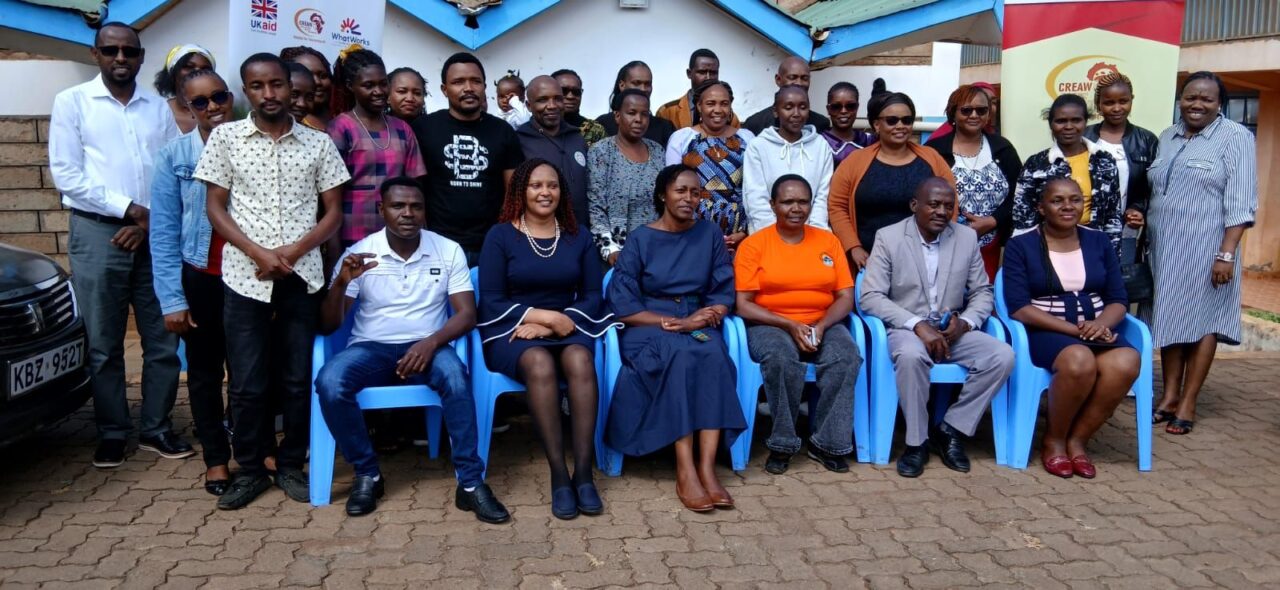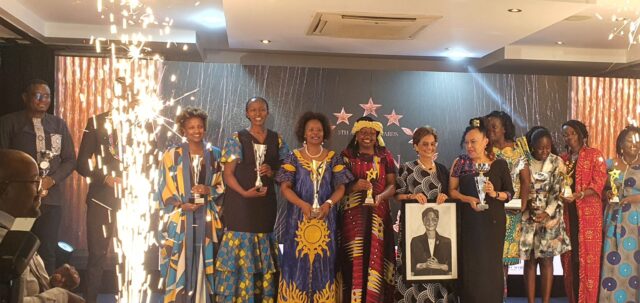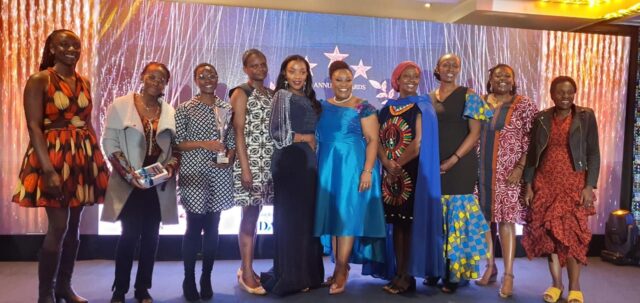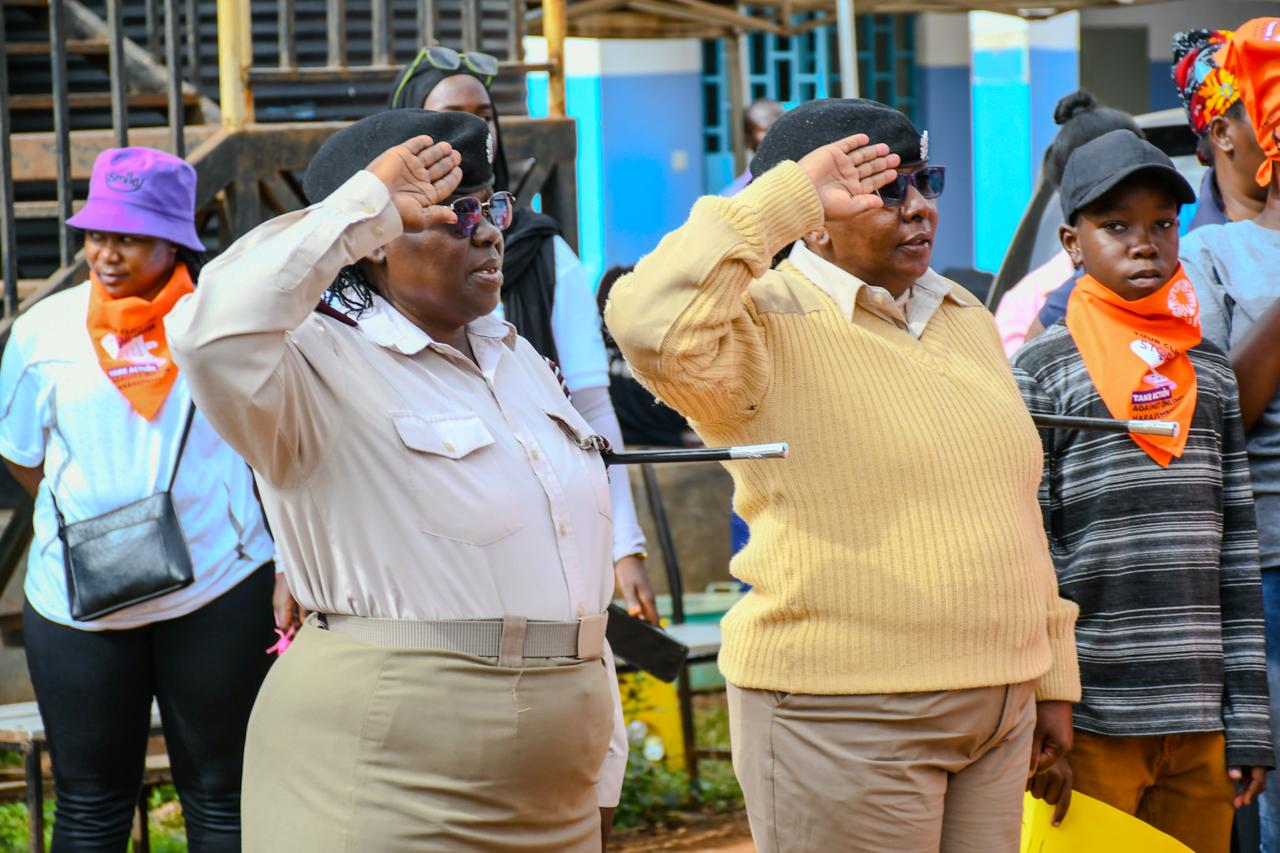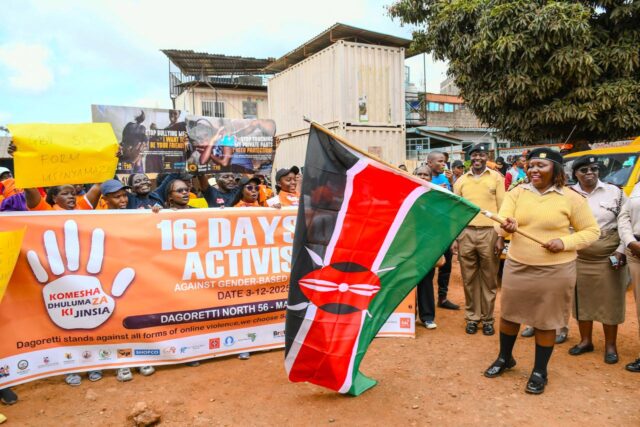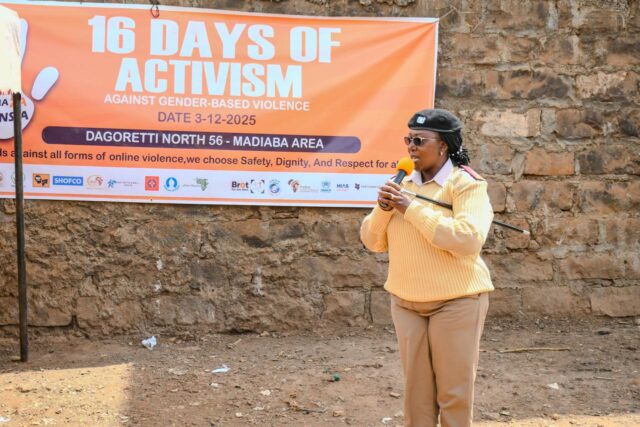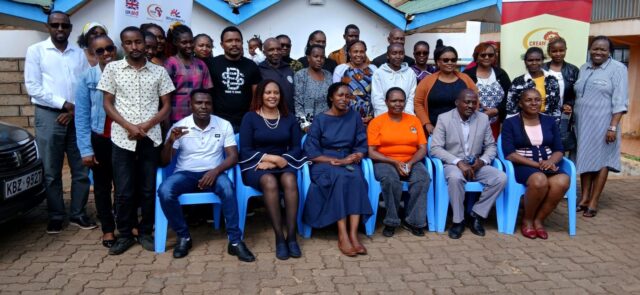
As the world marked the end of 16 days of Activism, we joined grassroots women’s rights organisations, the County Government of Meru, Couples, Local leaders, IRC, FCDO, WhatWorks to Prevent Violence Against Women, AFEOP and John Hopkins University, to launch the Imarisha Mahusiano couples program.
To be implemented in Meru and Tharaka Nithi County where the prevalence of intimate partner violence is alarmingly high at 48% for Meru (KDHS 2022), this initiative will reach 800 couples, opinion leaders, and the wider community through radio listener groups to strengthen and promote healthy relationships.
CREAW will deliver a curriculum-based model with heterosexual couples that explores the household maintenance of power framework within the concepts of understanding power (power within, power to, power with) and negative types of power to foster individual level social norms change that emphasizes the benefits of non-violent, healthy, and equitable relationships. The curriculum will further provide (and tools including media content) to support other couples through a peer-to-peer learning model including supporting accountability and sustainability new norms.
Additionally our partner AFEOP will develop radio dramas based on Imarisha Mahusiano model and establish listener groups to diffuse the curriculum content in couples and opinion leaders and wider communities in implementation. The model will be adapted into a radio program where couples can listen, learn and transform their knowledge, skills, attitudes and behaviors towards respective relationships. Broadcast of the radio programming will reach a wider audience with the same content and messaging, thereby helping to sustain transformations and foster a more enabling environment within couples in the community.
We extend our heartfelt gratitude to our partners and communities who continue to support and amplify our collective efforts.

